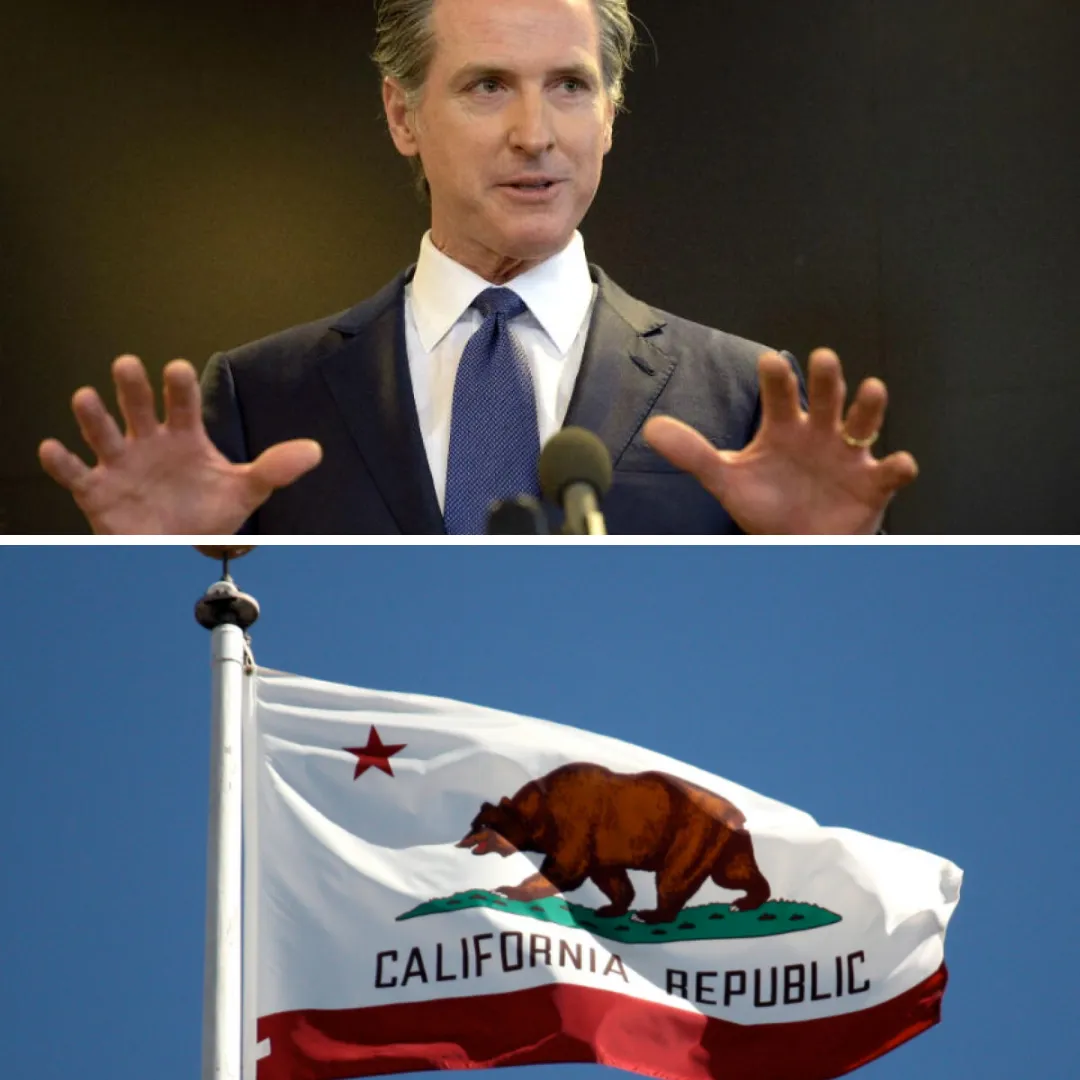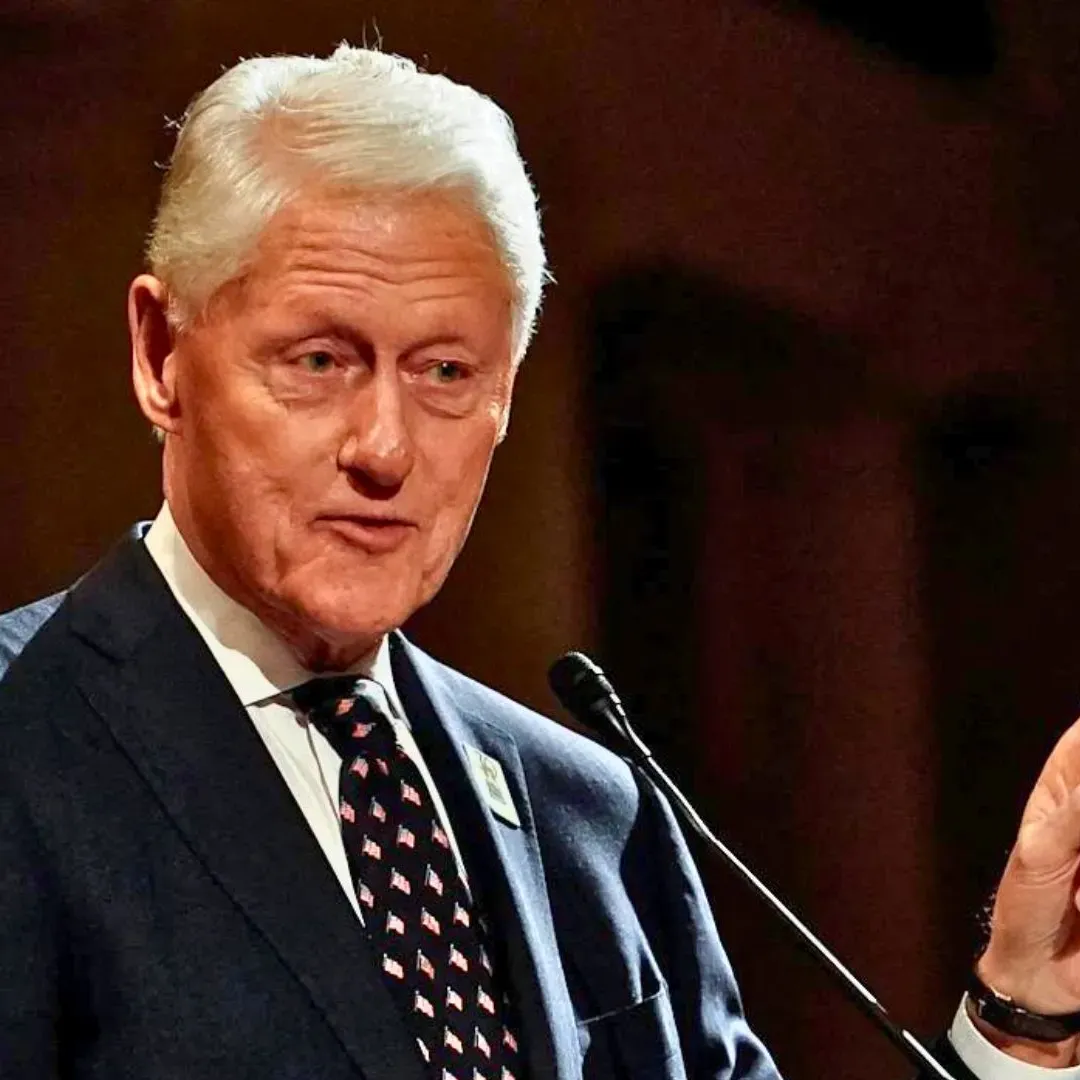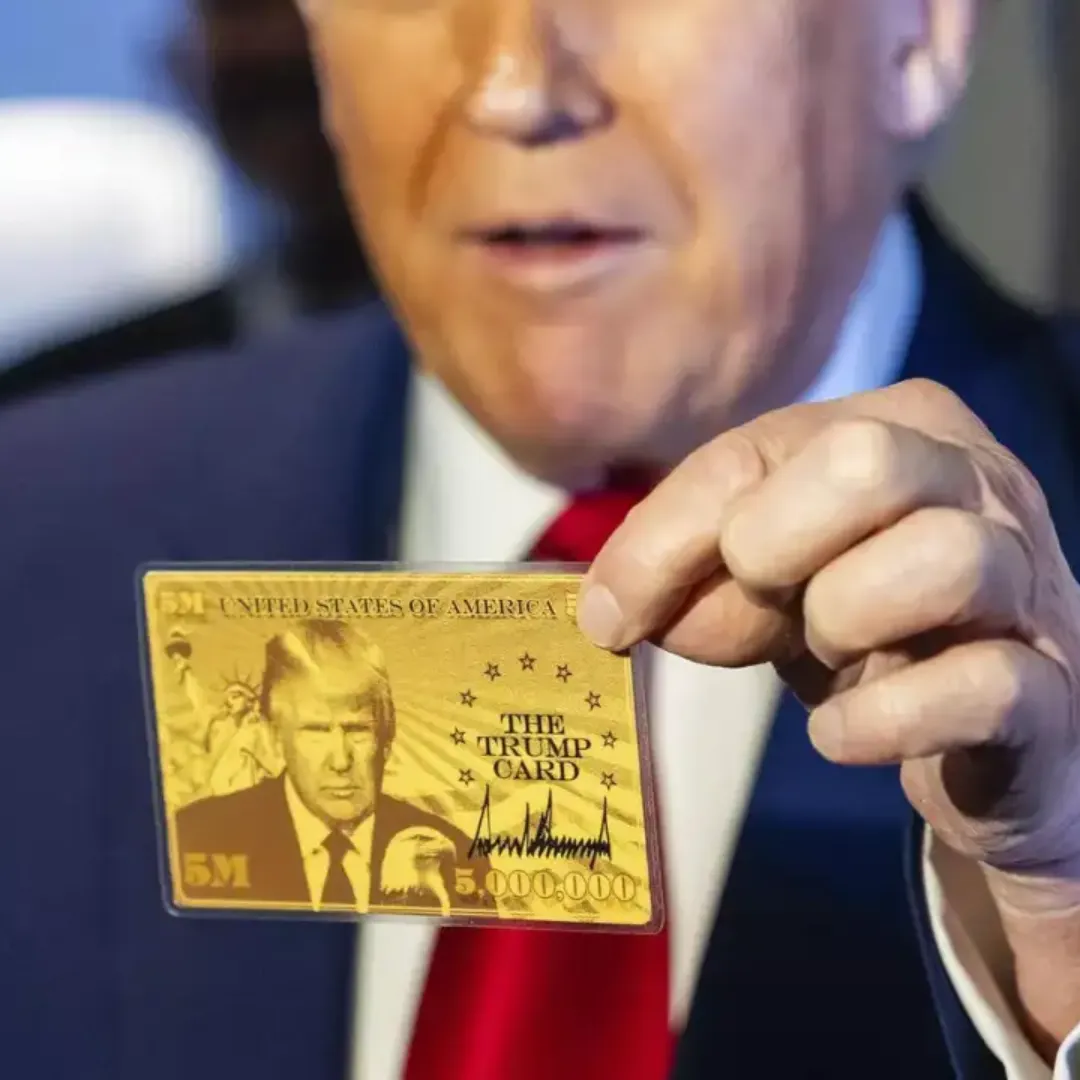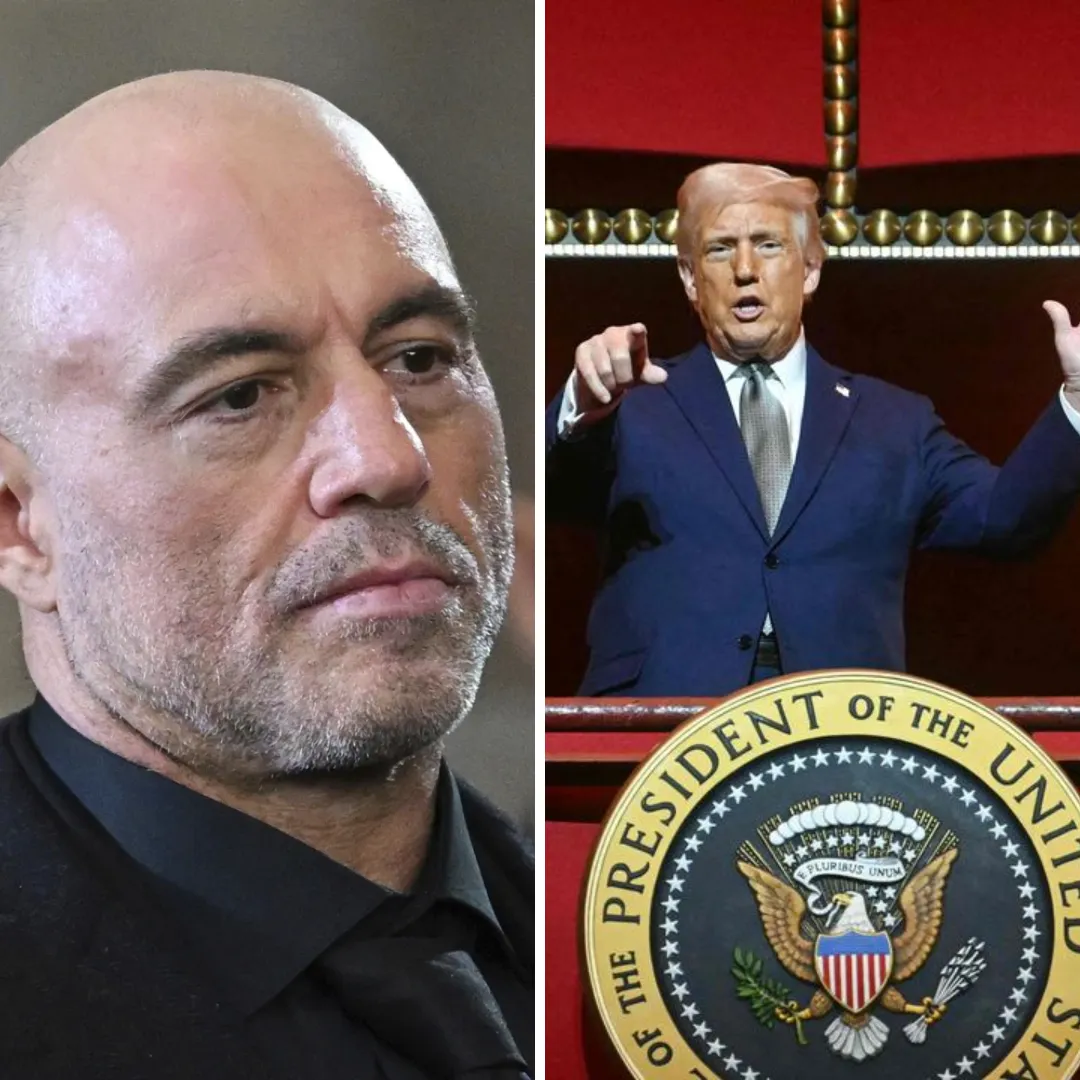
Billionaire philanthropist Bill Gates launched a blistering critique of Elon Musk in a new interview, accusing the world’s richest man of causing devastating harm to global health efforts by pushing for the shutdown of the U.S. Agency for International Development.
Gates, speaking to the Financial Times, said Musk’s influence over the Department of Government Efficiency, known as DOGE, led to what he described as reckless budget-slashing that resulted in mass layoffs and the destruction of critical aid infrastructure.
According to Gates, these cuts came at a staggering human cost, leaving warehouses full of lifesaving food and medicine to spoil while vulnerable populations around the world were left exposed to deadly and preventable diseases.
The Trump administration, guided by Musk’s recommendations, effectively dissolved USAID earlier this year, folding any remaining operations into the State Department.
Gates, who worked closely with USAID for decades through initiatives tied to the Gates Foundation, said the decision to gut the agency was made without even a basic understanding of its function or impact.
He accused Musk of blindly dismantling programs that had taken decades to build and warned that the fallout would be measured not only in statistics but in lives lost.
The image of the world’s richest man killing the world’s poorest children, Gates told the Times, is not a pretty one. He did not mince words in describing the consequences of what he saw as an ideologically driven assault on one of America’s most important humanitarian tools.
The Gates Foundation has long partnered with USAID to fund vaccination campaigns, distribute antiretroviral drugs, and respond to outbreaks across Africa, Asia, and Latin America.
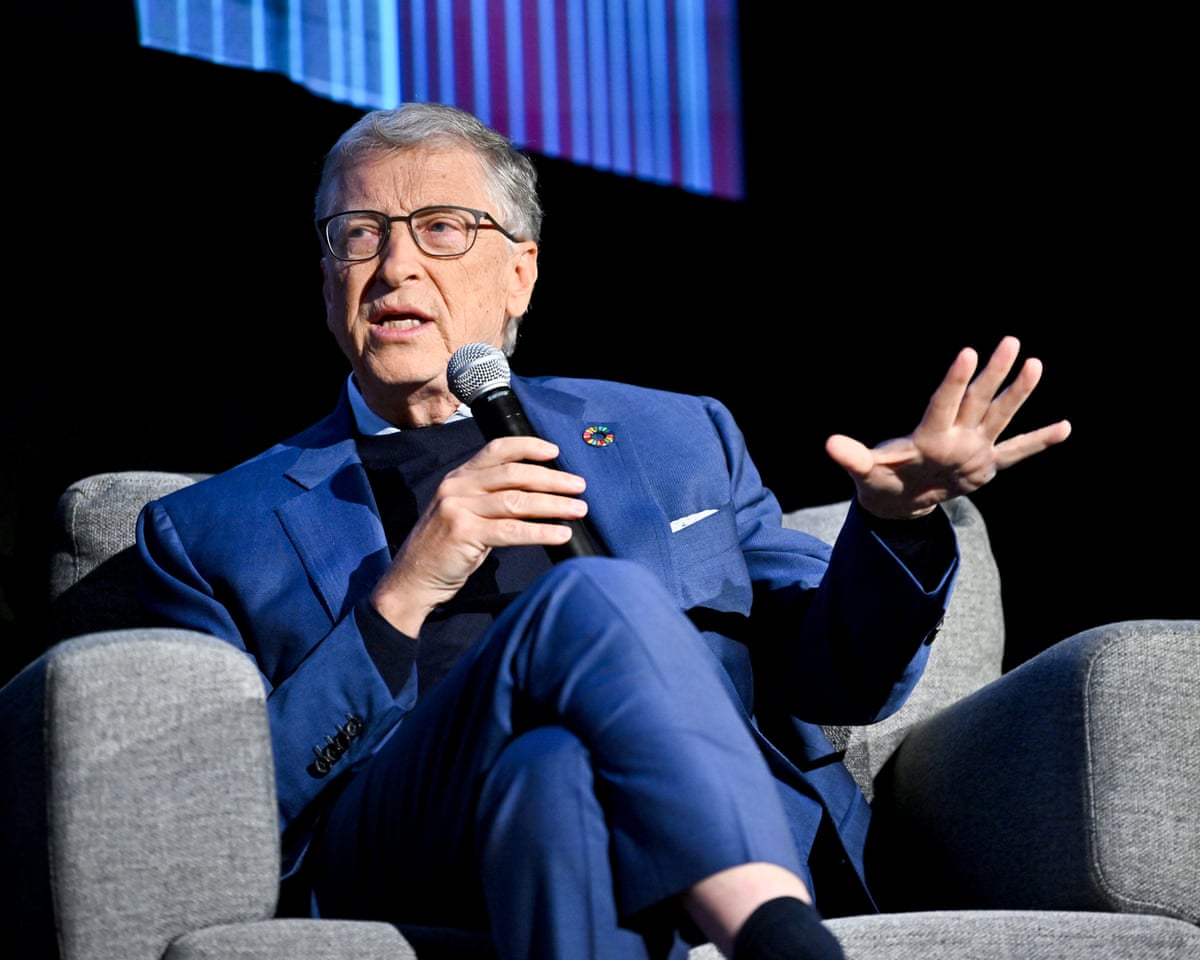
Gates pointed to a resurgence of measles, HIV, and polio in several countries once stabilized by American foreign aid as evidence of the damage inflicted by Musk’s influence and DOGE’s cuts.
While Gates has clashed with other billionaires over philanthropic priorities before, his condemnation of Musk was unusually direct and personal, suggesting a deeper frustration with the direction of U.S. global policy under Trump’s second administration.
The interview was released the same day Gates announced his intention to spend nearly his entire fortune over the next two decades, accelerating his foundation’s mission to eradicate preventable diseases and expand access to health care and education around the world.
Gates said the foundation would spend more than $200 billion in the next 20 years before closing its doors. This decision, he explained, was not merely symbolic but practical, enabling the foundation to have the greatest impact while the need is most urgent.
Gates said this plan would allow the foundation to act boldly, without having to preserve capital for perpetuity. By concentrating its resources now, the foundation hopes to solve long-standing global health problems before the window of opportunity closes.
Gates framed the decision as one rooted in clarity and focus. Rather than building a philanthropic empire to last for centuries, he wants to target the world’s most urgent challenges while they can still be solved.
He added that he would be leaving less than one percent of his wealth to his children and that he wanted to ensure no one could say he died rich. That remark, delivered in a written letter to accompany the foundation’s announcement, made clear that Gates views the accumulation of wealth as secondary to solving global crises.
He said that there are too many urgent problems to ignore, and that waiting for future generations to fix them would be a failure of moral responsibility.
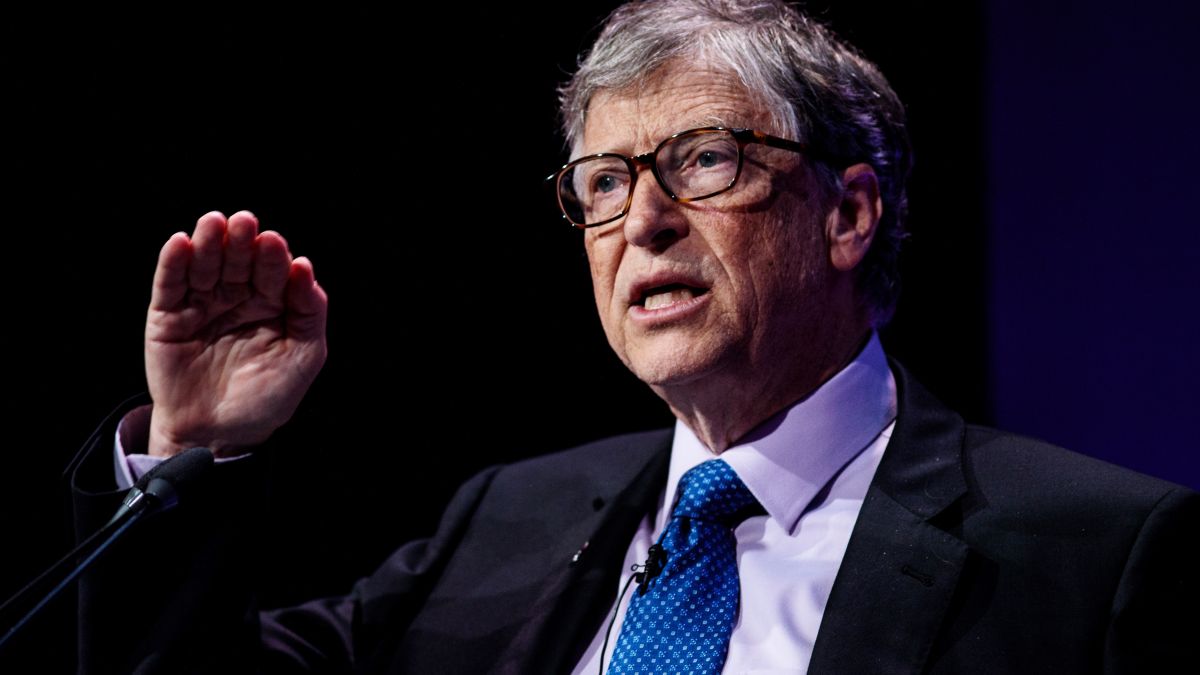
The attack on Musk adds a combustible layer to an already tense dynamic between the two billionaires, both of whom have very different views of how their fortunes should be used.
While Gates has spent decades funding vaccines, sanitation, and poverty reduction efforts, Musk has focused on technology, space exploration, and, increasingly, political influence.
Under the Trump administration, Musk was tapped as a special advisor to DOGE, an agency created to streamline and, in some cases, dismantle large sections of the federal bureaucracy.
Musk’s philosophy, built around efficiency and innovation, has led to deep cuts across domestic and international programs that he and DOGE have deemed wasteful or outdated.
Critics say those cuts have been both shortsighted and cruel. The dismantling of USAID, once a cornerstone of U.S. soft power and diplomacy, left thousands of employees without jobs and millions of people without access to vital medical and food aid.
Gates said the abruptness of the move not only shattered partnerships but left medical supplies sitting unused, even as outbreaks worsened across the globe.
Without distribution networks, vaccines expired. Without trained health workers, diseases spread. Without funding, local governments were left scrambling to fill gaps they could not afford.
For Gates, the implications are as strategic as they are moral. He warned that abandoning global health responsibilities weakens America’s international standing, makes the world less stable, and invites long-term consequences for both security and public health.
He expressed concern that American disengagement from global health leadership would allow authoritarian regimes and extremist groups to fill the void. In his view, global aid is not just charity—it is policy, protection, and partnership rolled into one.
Musk has not responded directly to Gates’s comments, but his supporters have long argued that U.S. foreign aid is bloated and ineffective. DOGE officials, appointed during Trump’s second term and heavily influenced by Musk’s vision of radical government transformation, claimed that much of USAID’s budget was wasted on inefficient programs and bureaucratic overhead.
They argued that moving international aid responsibilities to the State Department would increase accountability and focus foreign policy through a more centralized and strategic lens.
But Gates dismissed these arguments as dangerously naïve, warning that humanitarian relief cannot be treated like a tech startup or a profit-driven enterprise. The reality on the ground, he said, requires long-term investment, local partnerships, and a deep understanding of cultural and logistical complexity.
His decision to publicly denounce Musk underscores the urgency Gates feels about the moment. With outbreaks of polio reappearing in countries where it had been nearly eliminated, and HIV prevention programs running out of funding, he said the world cannot afford to let ideological battles in Washington dictate whether children receive medicine, food, or education.
The former Microsoft executive, who once held the title of the world’s richest person before being surpassed by Musk and others, said that wealth without responsibility is meaningless. He added that philanthropy should not be used as a shield or a branding strategy, but as a tool to solve problems that governments cannot or will not address.
As Gates prepares to spend down his fortune, he is also calling on other billionaires to commit more aggressively to public causes. While the Giving Pledge has encouraged many to donate portions of their wealth, Gates said the scale and pace of giving must increase if meaningful change is to be achieved.
He urged those with means to act now, rather than wait for legacy or tax incentives to drive their decisions. The timing, he said, is not incidental. With conflicts, pandemics, and environmental disasters accelerating, the need for immediate and coordinated action is greater than ever.

Though Gates and Musk have clashed before, especially on topics like artificial intelligence and pandemic preparedness, this latest confrontation highlights the growing divide among the world’s elite over the role of wealth in global affairs.
As one man prepares to exhaust his fortune in pursuit of eradicating disease, another stands accused of dismantling the very institutions built to do the same.
The contrast is not just philosophical—it is personal, political, and profoundly consequential. Whether the public sides with the donor of medicine or the slasher of budgets may shape how future generations remember not just Gates or Musk, but the values of an era where billions of dollars and billions of lives intersected on the world stage.

